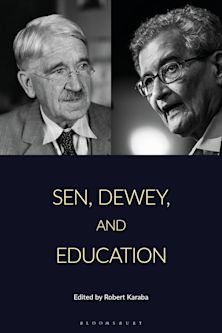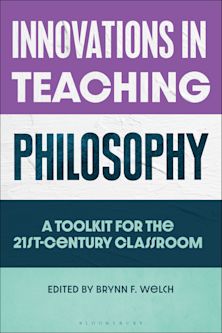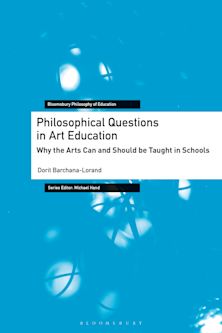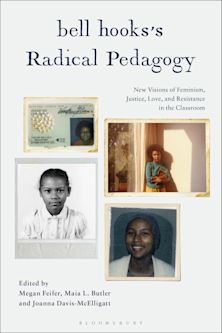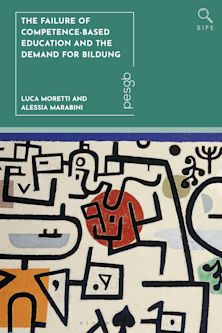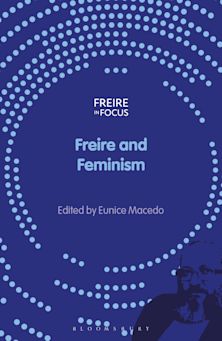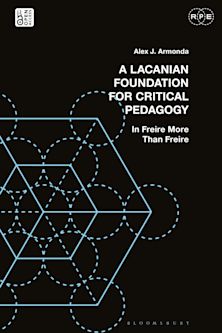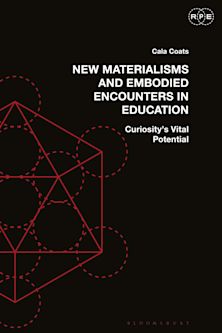Race, Gender, and Curriculum Theorizing
Working in Womanish Ways
Race, Gender, and Curriculum Theorizing
Working in Womanish Ways
This product is usually dispatched within 1 week
- Delivery and returns info
-
Free US delivery on orders $35 or over
Description
Race, Gender, and Curriculum Theorizing: Working in Womanish Ways recognizes and represents the significance of Black feminist and womanist theorizing within curriculum theorizing. In this collection, a vibrant group of women of color who do curriculum work reflect on a Black feminist/womanist scholar, text, and/or concept, speaking to how it has both influenced and enriched their work as scholar-activists. Black feminist and womanist theorizing plays a dynamic role in the development of women of color in academia, and gets folded into our thinking and doing as scholar-activists who teach, write, profess, express, organize, engage community, educate, do curriculum theory, heal, and love in the struggle for a more just world.
Table of Contents
Series Foreword
Kenneth Fasching-Varner, Roland Mitchell, and Lori L. Martin
Introduction
Where, When and How We Enter: An Introduction
Denise Taliaferro Baszile, Kirsten Edwards, and Nichole Guillory
Chapter One
Getting on with the Business of the Rest of Her Life:
Curriculum Theorizing/Writing toward Radical Black Female Subjectivity
Denise Taliaferro Baszile
Chapter Two
Ain't Nothin' Wrong With Cleanin' Houses: Utterances on Southern Womanism and the Search for Our Mothers' Gardens
Berlisha Morton
Chapter Three
Engaging Anna J. Cooper's Rhetorical Strategies to Foster Curriculum Leadership
Vonzell Agosto
Chapter Four
Learning to (Re)member as Womanish Curricular Transcendence
Kirsten T. Edwards
Chapter Five
Shadowboxing Whiteness inside Teacher Education: Critical Race Activism to the Race-Gender Degree
Cheryl Matias
Chapter Six
Capitalizing on Critical Race Feminism and Reconceptualists' Notions of Curriculum Theory: A Poetic Auto-ethnography of a
Product details
| Published | Nov 15 2016 |
|---|---|
| Format | Hardback |
| Edition | 1st |
| Extent | 196 |
| ISBN | 9781498521130 |
| Imprint | Lexington Books |
| Dimensions | 9 x 6 inches |
| Series | Race and Education in the Twenty-First Century |
| Publisher | Bloomsbury Publishing |
Reviews

ONLINE RESOURCES
Bloomsbury Collections
This book is available on Bloomsbury Collections where your library has access.
















